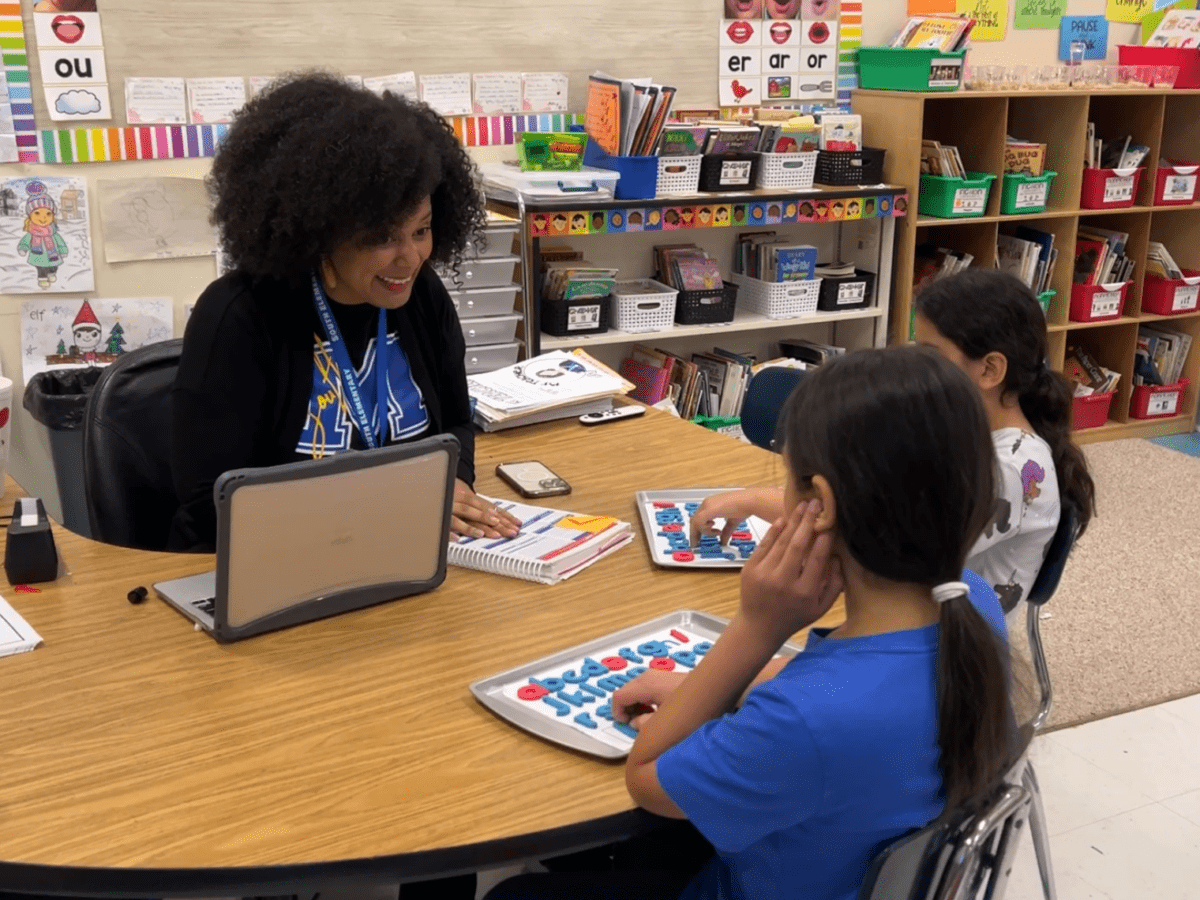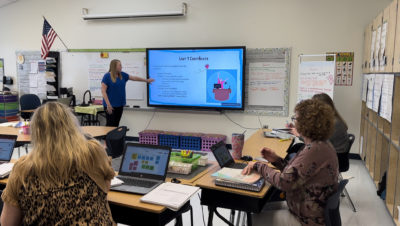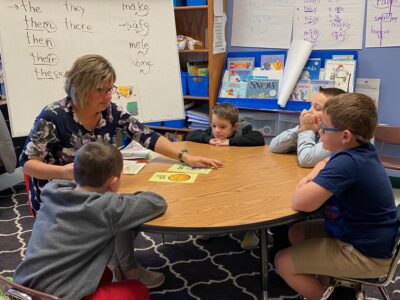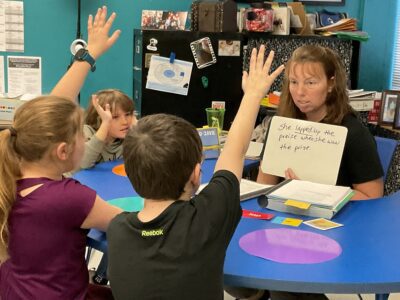
In her 2013 Ted Talk, Angela Duckworth, a researcher, psychologist, and educator, outlined the concept of “grit” as the combination of perseverance and passion necessary for individuals to achieve long-term goals, which strongly correlates with success. Duckworth emphasized that grit isn’t merely about receiving bursts of inspiration or courage, but it entails cultivating daily habits to adhere to a schedule and consistently surmount challenges and distractions.
As educators in North Carolina embarked on the Language Essentials for Teachers of Reading and Spelling (LETRS) journey amidst the post-COVID transition, they found themselves facing a significant challenge: despite their diligent efforts, reading data hit an all-time low. While previous attempts had been made to address early literacy, it was under the leadership of Superintendent Catherine Truitt and the 2021 Excellent Public Schools Act that significant strides were made.
North Carolina took the lead nationally, being the first state to name LETRS in legislation for all K-5 and PreK teachers, demonstrating a commitment to invest in educators beyond the previous K-3 requirements. Unlike many other states where legislative updates haven’t been met with adequate funding, North Carolina fully backed its commitment. Despite the challenging nature of mastering LETRS, educators proved to demonstrate unwavering grit.
As of June 2024, all three original cohorts, spanning 115 school districts, have completed LETRS professional development, impacting over 44,000 educators and nearly 700,000 students. These achievements reflect the determination and grit of educators and are reflected in shifting student outcomes.
The official journey commenced in August 2021 and has since become a story resonating across various platforms nationwide. Our mantra “from state to student” underscores the imperative of translating theory into practice. The NCDPI Office of Early Learning Early Literacy Specialists are helping bridge the communication and support in every district to help support this mission. While professional development and ongoing coaching serve as crucial starting points, effecting change necessitates addressing the broader system.
Shifting data requires an intentional focus on the essential components within a system. While these components are independently defined and designed, they are interdependent for success! It is important to recognize that literacy is not an isolated extension of the overall system, but rather an essential component embedded within the overall plan.
In other words, literacy should be layered into the organization’s culture.
— Amy Rhyne, senior director of the Office of Early Learning at NC DPI
This starts with an enabling environment where leadership drives and guides the team, professional development keeps the organization moving forward, ongoing coaching supports knowledge, aligned high-quality instructional materials, and professional growth, and data from appropriate assessments are used through a multi-tiered system of support to make informed decisions. When these components are aligned and implemented with fidelity, the organization moves to the next level of greatness!

North Carolina remains focused on system-level shifts, discarding outdated practices and addressing overlooked gaps.
Early signs indicate progress in districts and schools where such shifts have begun. As a result, our data continues to show that kindergarten through third-grade students are outperforming the nation on the Dynamic Indicators of Basic Early Literacy Skills 8th Edition (DIBELS 8) reading benchmark assessment from Amplify. Throughout the past three years, elementary students have made strides in literacy growth due to the instructional shift and alignment to professional development in the science of reading by educators. From the beginning of the 2021-22 school year to the middle of 2023-24, there are 69,732 fewer students below benchmark and more than 245,680 students at or above benchmark per the DIBELS 8 assessment. Moreover, subgroup data shows 18% gains for Asian, Hispanic, African American, and American Indian students in kindergarten through grade 3.
As a veteran educator, I continue to be humbled by each opportunity where I am entrusted to share our story. The dedication of educators has been instrumental in positively impacting countless students and their ability to become successful readers. I anticipate further shifts as deeper levels of learning and implementation unfold beyond the initial professional development phase. I am grateful for the continued support of state leaders and the investment they have made in our treasured educators. Yet, I am amazed by the commitment and dedication of the 44,000 educators who have faced this opportunity head-on as they prioritized doing what was, and is best for kids, embodying the true essence of grit.
They are the heroes of the literacy story in North Carolina!




